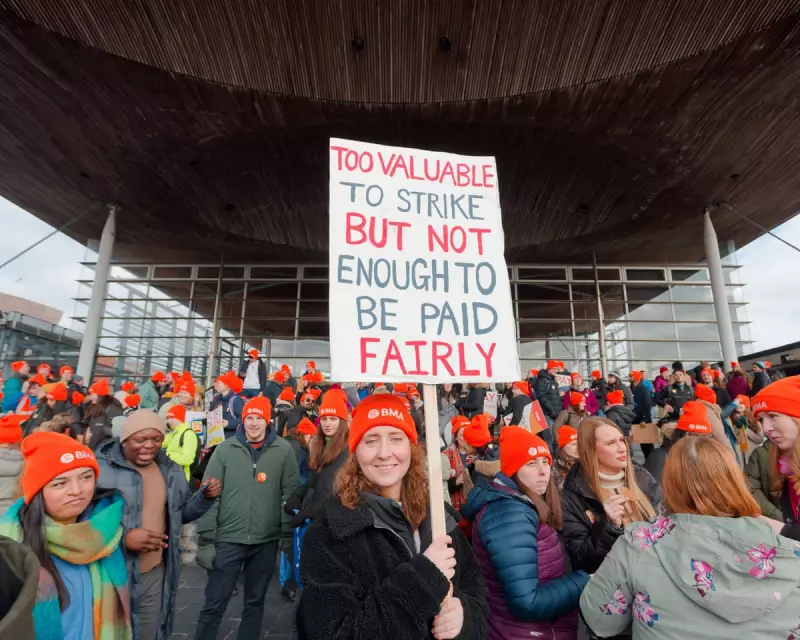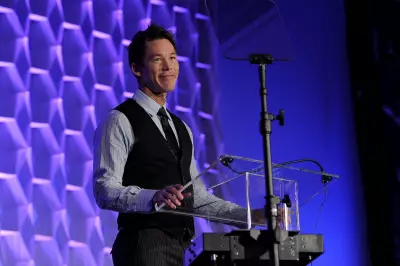
The ongoing doctors' strikes across the NHS have become mired in emotional debates clouded by nostalgia and selective memory, according to behavioural experts. As junior doctors and consultants continue industrial action over pay and conditions, public opinion appears divided along generational lines.
The rose-tinted glasses effect
Psychological studies reveal that many Britons recall the NHS of previous decades through an unrealistically positive lens. "We tend to remember the golden age of our own experiences while forgetting the systemic problems that existed then too," explains Dr. Sarah Chen, cognitive psychologist at University College London.
Four ways nostalgia distorts the strikes debate:
- Historical amnesia: Forgetting past NHS crises and staff shortages
- Personal bias: Recalling positive individual experiences as the norm
- Generational divide: Younger doctors facing different pressures than predecessors
- Simplified solutions: Believing past approaches would work today
The reality check
Contemporary NHS data paints a stark picture: waiting lists have grown 60% in a decade, while real-terms pay for junior doctors has fallen by 26% since 2008. "This isn't your grandparents' healthcare system anymore," states health economist Professor James Whitfield.
The strikes have exposed fundamental tensions between public expectations formed in previous eras and the current realities of an underfunded, overstretched health service. With both sides digging in, the challenge remains to move beyond nostalgic rhetoric to find sustainable solutions.





